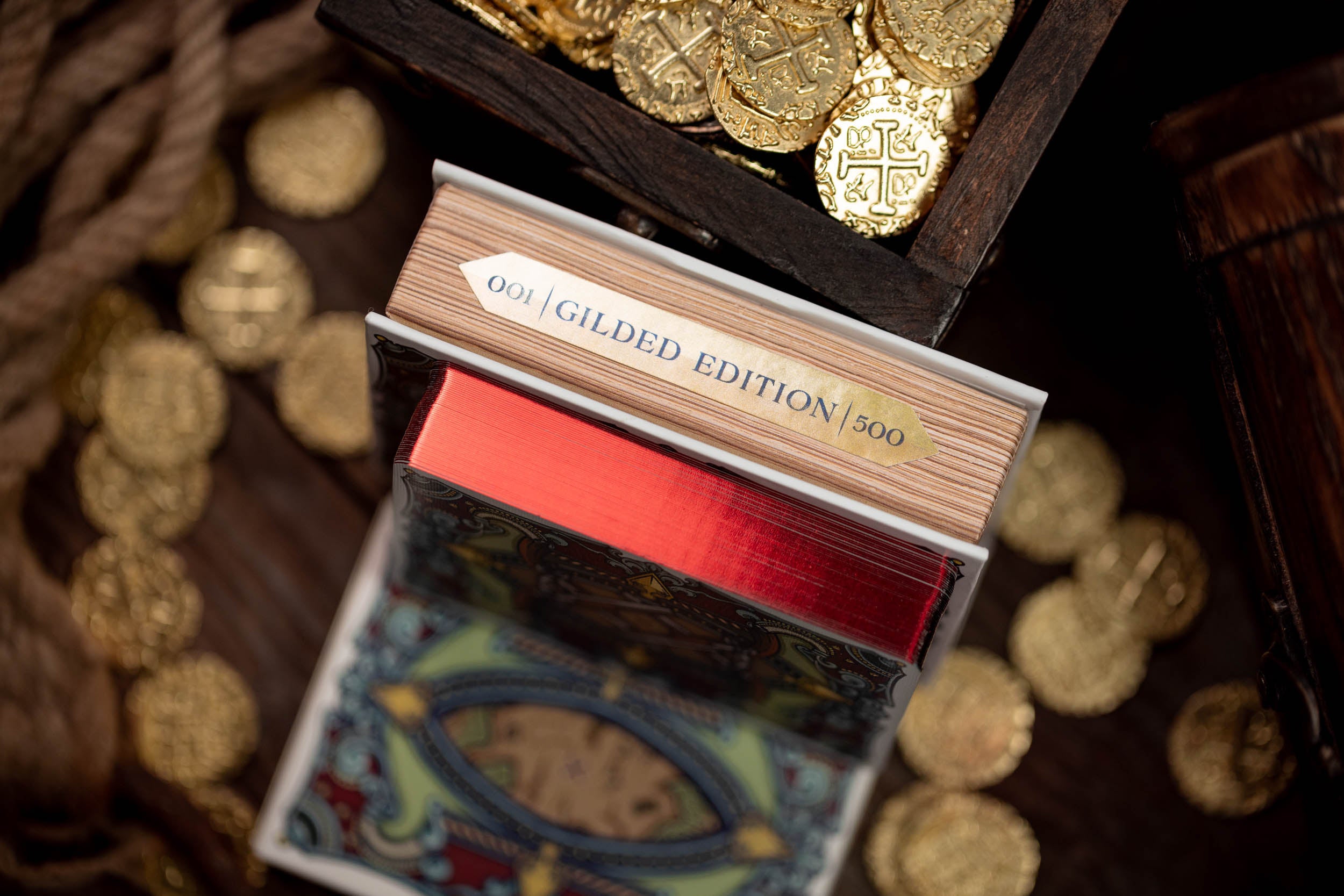Is The Count Of Monte Cristo Still Relevant? A Modern Review

Table of Contents
Themes of Revenge and Justice in a Modern Context
The timeless appeal of The Count of Monte Cristo lies, in part, in its exploration of revenge. Edmond Dantes' journey, from wrongly imprisoned innocent to master manipulator, is a powerful testament to the allure and dangers of seeking retribution. The novel doesn't shy away from the moral ambiguities surrounding Edmond's quest for vengeance. While we sympathize with his suffering and desire for justice, the methods he employs raise questions about the true nature of justice itself. Is Edmond's meticulously planned revenge truly justice, or is it simply a different form of cruelty?
- Comparing Revenge in The Count of Monte Cristo with Modern Media: The novel's exploration of revenge resonates with countless modern narratives, from superhero films to crime dramas. However, The Count of Monte Cristo often offers a more nuanced portrayal, exploring the psychological toll of revenge and its devastating consequences.
- Justice vs. Vengeance: The novel forces us to confront the difference between seeking justice through legal channels and enacting personal revenge. Edmond's actions, while satisfying to the reader on a visceral level, highlight the problematic nature of self-administered justice.
- Consequences of Revenge: The novel vividly illustrates the devastating consequences of revenge, not just for those who are targeted, but also for Edmond himself. His quest for vengeance ultimately leaves him isolated and emotionally scarred, suggesting that true redemption lies elsewhere.
The Enduring Power of Character Development
Alexandre Dumas masterfully crafts compelling characters whose depth and complexity contribute significantly to the novel's enduring appeal. Edmond Dantes' transformation is a remarkable feat of character development, showcasing his journey from a naive young man to a cunning and powerful mastermind. The supporting characters, such as the jealous Fernand Mondego and the tragically deceived Mercedes, are equally well-developed, adding layers of intrigue and moral ambiguity to the narrative.
- Edmond Dantes' Transformation: The novel meticulously traces Edmond's evolution, highlighting the psychological impact of his imprisonment and the gradual erosion of his innocence. His transformation is not a simple shift from good to evil, but a complex process driven by betrayal, suffering, and a burning desire for justice.
- Exploring Character Flaws and Strengths: Each character in The Count of Monte Cristo possesses both strengths and weaknesses, making them relatable and believable, despite the dramatic circumstances. This nuanced portrayal elevates the story beyond a simple tale of good versus evil.
- Character Relationships and Evolution: The relationships between the characters are central to the plot, evolving and shifting throughout the novel. The dynamics between Edmond, Fernand, and Mercedes are particularly compelling, illustrating the destructive power of betrayal and the complexities of love and revenge.
Relevance of Social and Political Themes
The Count of Monte Cristo is not merely a thrilling adventure story; it also serves as a potent social and political commentary. The novel’s exploration of social injustice, political corruption, and power dynamics remains strikingly relevant in the 21st century. Dumas masterfully depicts the stark inequalities of 19th-century France, exposing the arbitrary nature of power and the vulnerability of the innocent in the face of corruption.
- Parallels with Modern Society: The novel's critique of social injustice and political corruption finds striking parallels in contemporary society, reminding us that the struggle for equality and fairness is an ongoing battle.
- Instances of Social Injustice: The novel vividly portrays various instances of social injustice, highlighting the vulnerability of the marginalized and the abuse of power by those in authority.
- Critique of Power Structures: The Count of Monte Cristo offers a scathing critique of power structures, exposing the corruption and self-interest that often lie beneath the surface of seemingly legitimate institutions.
The Count of Monte Cristo in Modern Adaptations
The enduring popularity of The Count of Monte Cristo is evident in its numerous film, television, and stage adaptations. These adaptations, while varying in their interpretations and updates, demonstrate the story's versatility and its capacity to resonate with modern audiences. From classic Hollywood films to contemporary television series, the tale of Edmond Dantes continues to be reimagined and reinterpreted.
- Notable Adaptations: Numerous films, TV series, and stage productions have brought The Count of Monte Cristo to life, offering diverse interpretations of the source material.
- Comparing and Contrasting Interpretations: Different adaptations have emphasized various aspects of the story, highlighting the flexibility of the narrative and its capacity for varied interpretations.
- Enduring Appeal Across Media: The consistent popularity of these adaptations underscores the timeless appeal of The Count of Monte Cristo and its enduring relevance in various media forms.
Conclusion: The Count of Monte Cristo – A Timeless Classic
This review has explored the multifaceted reasons why The Count of Monte Cristo remains a relevant and captivating work of literature in the 21st century. Its compelling characters, morally ambiguous themes, and insightful social commentary continue to resonate with readers and viewers alike. The novel's exploration of revenge, justice, and redemption transcends its historical setting, offering timeless insights into the human condition. The enduring power of The Count of Monte Cristo's themes and characters is further evidenced by its continued influence on literature and popular culture, as well as its frequent adaptation into various media. Has this review convinced you of The Count of Monte Cristo's enduring relevance? Pick up a copy today, or delve into one of its many captivating adaptations. Discover for yourself why this classic tale continues to fascinate readers worldwide!

Featured Posts
-
 Ao Vivo Corinthians X Palmeiras Horario E Escalacoes Dos Times
May 04, 2025
Ao Vivo Corinthians X Palmeiras Horario E Escalacoes Dos Times
May 04, 2025 -
 The Potent Powder Fueling Cocaines Global Rise Narco Subs And Beyond
May 04, 2025
The Potent Powder Fueling Cocaines Global Rise Narco Subs And Beyond
May 04, 2025 -
 Luxury Car Brands Face Headwinds In China A Case Study Of Bmw And Porsche
May 04, 2025
Luxury Car Brands Face Headwinds In China A Case Study Of Bmw And Porsche
May 04, 2025 -
 Murder And Torture Charges Filed Against Stepfather Of 16 Year Old
May 04, 2025
Murder And Torture Charges Filed Against Stepfather Of 16 Year Old
May 04, 2025 -
 The Ethics Of Wildfire Betting Examining The Los Angeles Fire Case
May 04, 2025
The Ethics Of Wildfire Betting Examining The Los Angeles Fire Case
May 04, 2025
